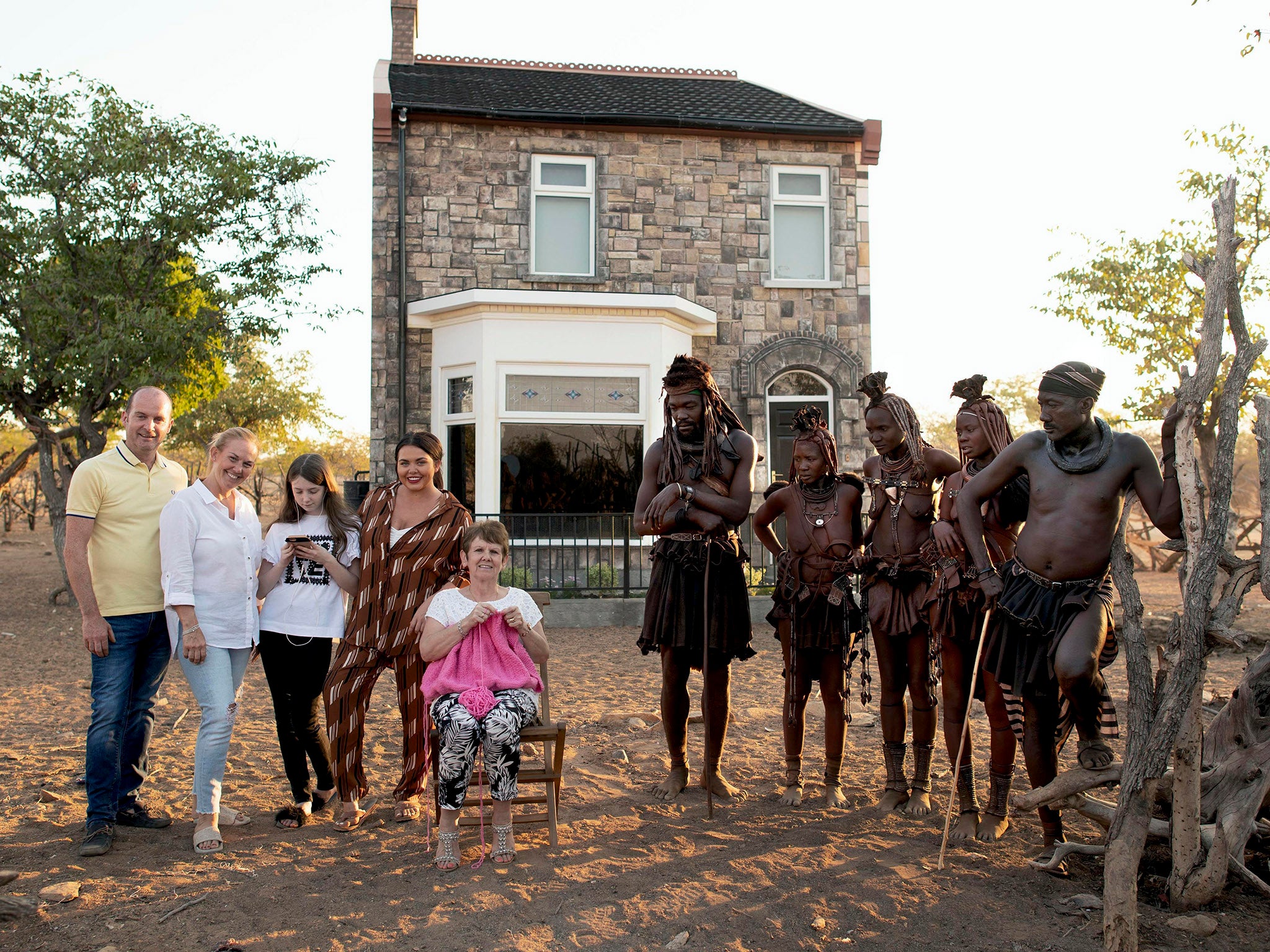How does Channel 4 tempt a generation raised on Netflix and porn?
CEO Alex Mahon was joking when she said the broadcaster was battling for attention, but many a true word is spoken in jest, writes James Moore


Channel 4 is fighting with Netflix and porn for the attention of younger viewers. So said its chief executive Alex Mahon at the Edinburgh Television Festival.
She was speaking in jest at a dinner, but mention the latter and you’re guaranteed a splashy headline. Mahon must have known that.
Time was when the nation’s stuffier shirts regarded Channel 4 as a porn channel. Comedians used to joke about it as it gleefully sought to shock in an attempt to manufacture outrage and tempt viewers. Channel 4 has both scaled heights, and plumbed depths, in the process through its history.
Some of the broadcaster’s less noble instincts are clearly at work with its transplanting a British semi to Namibia for Scarlett Moffatt‘s The Tribe Next Door.
But it has also striven to give a commercially funded voice to people who didn’t have one.
It’s still trying that too. There’s a comedy about an all-female punk band due, for example.
Whether it, and/or other planned offerings, will move the dial enough to draw in advertisers who are moving online at an increasingly rapid clip remains to be seen.
Forget about porn. Young people have always watched it. It’s just a lot easier in the internet age. As Mahon noted, it’s their being raised on streaming and other on-demand services that is causing a problem for traditional broadcasters.
Young people are increasingly uninterested in sitting in front of scheduled shows, and it’s not just young people. The BBC has responded with a year’s free iPlayer. ITV is pushing BritBox, which will feature its own together with the BBC’s off iPlayer back catalogue, with exclusive content promised.
There is still the occasional show that delivers its much ballyhooed “mass audience” but their power is waning. Sport can still pull off the trick because people want to watch it live. But there are only so many big events for terrestrial TV. No one’s outbidding Sky for Premier League football outside of maybe one of the digital giants.
Where does this leave Channel 4, which has always aimed for a younger demographic than its rivals. In a tricky spot, if truth be told. But, really, they’re all in a tricky spot as they grapple with in an industry in the midst of profound disruption.
One asset Channel 4 does have is that commitment to offering a voice and an outlet to groups that struggle to find one. The Muslim female punk band show could be said to speak to that.
In my inbox this morning was also a press release concerning an offering planned for next year, featuring Paralympic champion sprinter Jonnie Peacock “mentoring” a group of as yet undiscovered disabled kids “to show them, and their families, that there are no barriers to participating in sport and physical activities given the right support and tools”.
Reading that, I worried a bit about whether it mightn’t stray into exploitative territory in an attempt to lure viewers. That’s always a danger with this sort of reality TV.
Still, Channel 4 is just about the only broadcaster that does more than pay lip service to the fact that disabled people exist and might want to see people like themselves on their screens.
We live in a society that still pushes lots of people to the margins. A broadcaster that caters for them is necessary, but will advertisers support it? Can it find a model that works in the era of Netflix and, erm, internet porn?
It’s also notable that Netflix has increasingly been willing to cancel some of the more interesting and innovative shows on its roster. The also presents an opportunity. But again…
Join our commenting forum
Join thought-provoking conversations, follow other Independent readers and see their replies
Comments
Bookmark popover
Removed from bookmarks